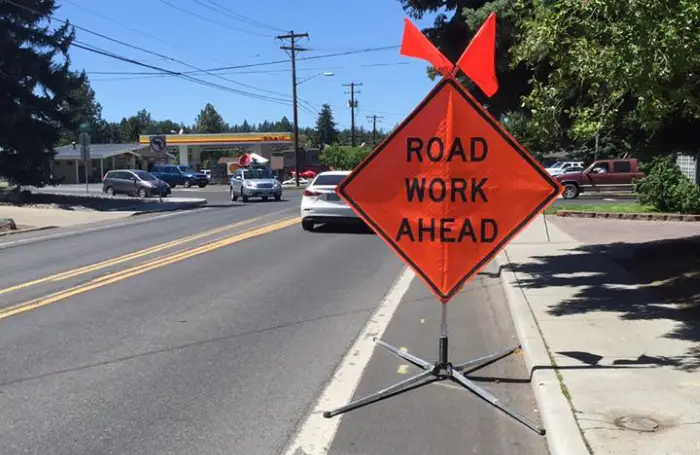The government through the Ministerial Council, which consists of representatives from the Chamber of People’s Representatives who are appointed by the president of the republic and confirmed by the members of the Chamber, has established over US$ 63M emergency road maintenance program in Guinea.
Also Read: Parliament approves loan for construction of a section of Boké-Québo road in Guinea
This is in a bid to find a quick solution to the West African country’s insufficient road infrastructure and their levels of service. In recent years, Guinea has made investments to reduce the road infrastructure deficit but so far, only 30% of the paved national roads are in good condition and 75% of those unpaved are in poor condition and almost impassable in the rainy season.
Execution of the program
The emergency road maintenance program in Guinea will be executed in two phases. The first phase, which is partially supported by the Road Maintenance Fund (Fonds d’Entretien Routier – FER) will be undertaken between March and June this year.
According to Kadiatou Emilie Diaby, the West African Country Minister of Works, given the imminent rainy season, his department intends to use the accelerated procedure with reference to the simple emergency clause of the public procurement code for the execution of this 1st phase the file of which is now awaiting the approval of the government’s economic pool.
The second phase will take place thereafter.
Cause of the current state of affairs of the Guinean roads
The current state of affairs of the Guinean roads (only 30% paved national roads in good condition and 75% unpaved national roads in poor condition and almost impassable in the rainy season) according to the World Bank is mainly due to the weak programming capacity of the road administration, delay in recording the deterioration of the road network, the inadequacy of financial resources and needs, as well as the slowness of the process of procurement.

